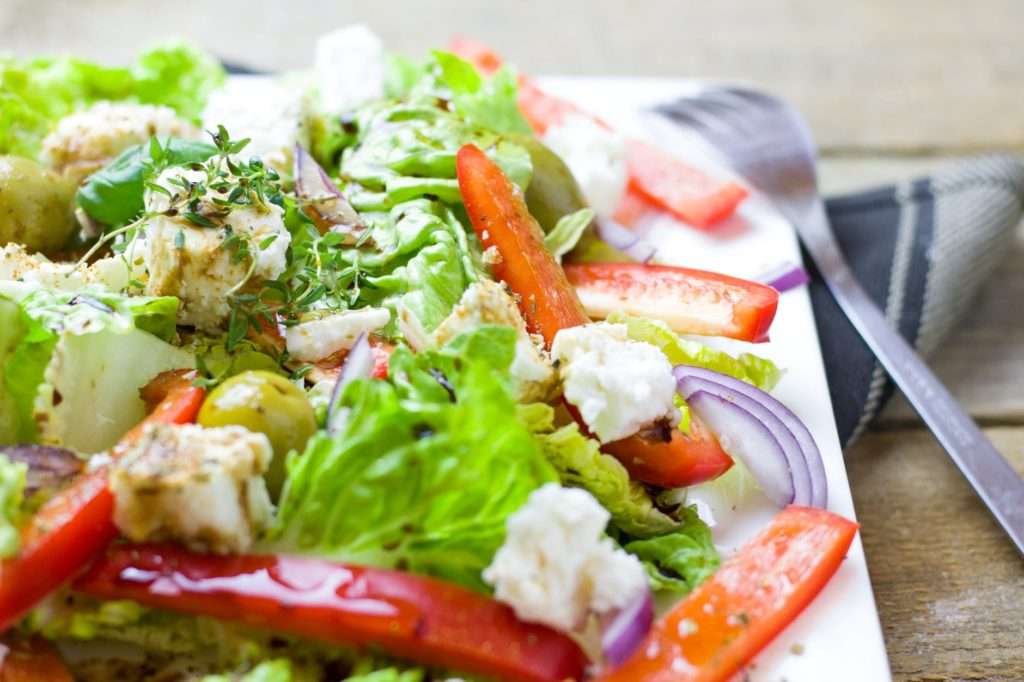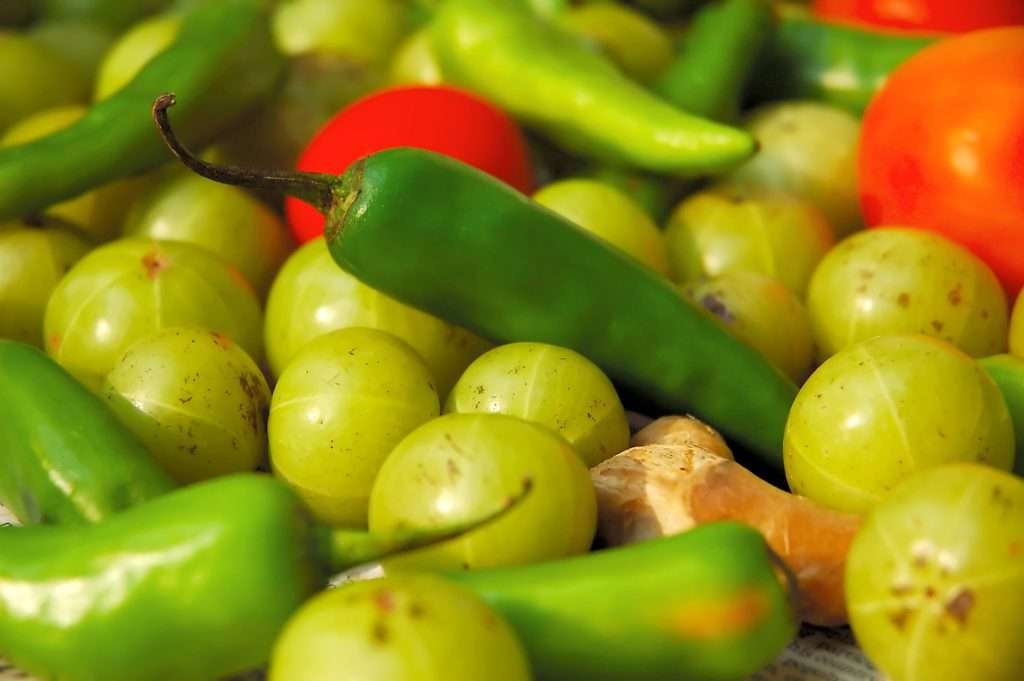What is Mineral nutrients? Role of mineral
Micro-Nutrients are “minerals”. Minerals are substances from the inorganic parts of the earth. However, they are still of great importance for all of our bodies. To ensure our body’s function depends on minerals. We don’t just need minerals for the well-developed bones … They also need them to activate enzymes and synthesize other active substances in the body. Also, minerals are involved in regulating the water balance in cells and the body, and the structure of enzymes and hormones. In general, from metabolism, growth, blood-forming, and to interactions between nerves and muscles, all are indispensable minerals.
Looking for more information about nutrient: http://sachthehinh.com/muc-luc
Calcium
Good for what?
Teeth and bones, heart function, good sleep, transmitting “impulse” to nerve and muscle cells, where does blood clotting come from? milk, yoghurt, cheese, green herbs, mineral water … Tip: drinking too much coffee (caffeine) will encourage calcium reduction and increase the renal excretion of calcium.
Natrium
Good for what?
Water balance in the body, nerve and muscle function, stomach acid production … from where: salt, egg yolk, sausage, cheese, bread … tips: nutrition Nowadays, most of us often have excess sodium and rarely lack, wait when we drink too much water (electrolyte free water). In general, my body has about 1.4 gr sodium / 1kg bodyweight. The 50% located will be in the bone and the other half is located outside the cell (ie outside the cell), only a tiny fraction of the sodium is in the cell. outside of the cell I have about 10-14 times more sodium than in the cell. Therefore, it generates the difference in a concentration gradient that my body needs to live. The levels of sodium should not vary much, so the “normal range” is very tight. range 135-145 mmol / l only.
Chromium
Good for what?
Extraction of carbs/sugar, regulating blood lipids, blood pressure, where diabetis t2 comes from: whole grains, brazil nuts, oysters, black bread (and full grains), potatoes, seeds, tomatoes, mushrooms … tips: as above mentioned. anyone with diabetes (diabetis type2) should supplement chrome
Iron
Good for what?
Production of red blood cells and myoglobin, transport of oxygen and carbon dioxide, enzyme activity, hormone metabolism, resistance, heart function from where: red meat, chicken, egg yolk, tuna, oats, full grains, broccoli …
Tips: fatigue, lack of concentration, exhausted too quickly in sports, pale skin, or torn lips. all of these phenomena are in large part possible because of iron deficiency. However, do not arbitrarily use the iron supplement if not clearly examined by a doctor (examination of the value of ferritin and hemoglobin). Iron poisoning is going to meet ancestors.
Iodine
Good for what?
Fresh spirit, good for hair + skin + nails, produce thyroid hormones, metabolize cholesterol from where: seafood, sea fish and sushi, banana, mango, egg yolk
Tip: If we don’t eat enough iodine, our thyroid gland will enlarge to get more of the little remaining iodine in the blood to produce enough T3 hormone. T4 for the body. If the thyroid enlarges too much, it is more likely to get stuck in the trachea (trachea) and throat (esophagus). As a result, difficulty breathing, difficulty swallowing. You guys try to eat some seafood. A little bit of sushi is enough, not much is needed
kalium
Good for what?
Water balance in the body, nerve and muscle function, degradation of pollutants in the body, protein metabolism, acid/base balance, cardiovascular system. Where to get it: broccoli, veggies, potatoes, bananas, dried apricots, black bread. Tips: Athletes need more potassium than non-exercisers (or less). why? Because I sweat more, when I exercise hard, the potassium in the cell will be pushed out of the cell. In addition, to break down muscle glycogen during exercise, we also lose more potassium.
While still active and after being active, I also lost more potassium in the kidneys. Potassium is stored together with glycogen in the muscles, so especially when recovering, do not lack potassium. Lack of energy is a sign of a lack of potassium. Eat more vegetables! ps: The athletes before the competition or abuse diuretics (losing too much potassium) certainly understand this weak feeling, the eyes are lethargic as if they are about to lose their soul.
Copper
Good for what?
Stress management, absorption of iron from the intestinal tract, the supply of oxygen to the body, formation of hemoglobin, extraction of vitamin C, production of antibodies, pigments for hair and skin. Where to get from: lobster, crab, mussel, liver (organs), oysters, full grains, chocolate tip: can’t come up. almost no one is lacking copper. only people with “Morbus Wilson” or “Menkes syndrome” suffer from deficiency …
Magnesium
Good for what?
Muscle, bone, hair, good for stressed people, converting blood sugar into energy, alcoholics, nerve and muscle function, where enzyme function comes from: oats, full grains, milk and dairy products, green vegetables, fruit tips: Women taking birth control pills will lose more magnesium. The more alcoholic brothers will have reduced absorption of magnesium and will lose magnesium by the kidneys and liver
Manganese
Good for what?
Stress management, good for memory, good for sleep, good for sex, metabolic carbs and fat, antioxidants, collagen, good for bones, good for the pancreas. where from: black tea, oats, python, olives, full grains, vegetables, fruit … Tip: who eats too many sweets and smokes cigarettes and beer
Men may have little problems with sperm production.
Molybdenum
good for what?
activating enzymes, metabolizing energy, metabolizing iron from where: red cabbage, rice (brown rice), potatoes, eggs, papaya, full tip: missing molybdenum rarely. only people with “Morbus Crohn” disease or with chronic enteritis are missing. molybdenum is resistant to deep roasting.
Phosphor
Good for what?
Energy metabolism, acid/base balance, brain and nerve activity, “blood coagulation”, transfer of genetic information in the nucleus (done through DNA) from where: milk, meat, fish, oats, almost all food is available. Where there is a rich protein, there is usually a lot of phosphorus in this part without any trick. “Phosphorus” is an essential foundation of all life on earth. Without phosphorus, no organism, no cells, no plants or animals can survive.
Selenium
Good for what?
Cell respiration, resistance, body cell protection, heart function, circulatory system, reproduction, skin softness come from meat, fish, milk, eggs, liver, oats, full grains, peanut …
Tip: enough “wool” to prevent cancer and cardiovascular disease
silicium
Good for what?
Elasticity for blood vessels, hair and nails, resistance, teeth and bones, where elasticity for skin comes from: eggs, milk, potatoes, oats, bananas, radish: ladies don’t want “cellulite” (orange skin) pay attention to the silicium and workout
Zinc
Good for what?
Insulin production, muscle contract, brain function, wound healing, production of male hormones, boosting the immune system, metabolic macros, where prostate comes from: oysters, liver, eggs, spirulina, meat, mussels
Tip: Vegetarians have a slight risk of zinc absorption. Because they only eat plant foods, they absorb a lot of “phytic acid”. Phytic acid meets zinc to form compounds that cannot dissolve, so the body can no longer absorb zinc!


